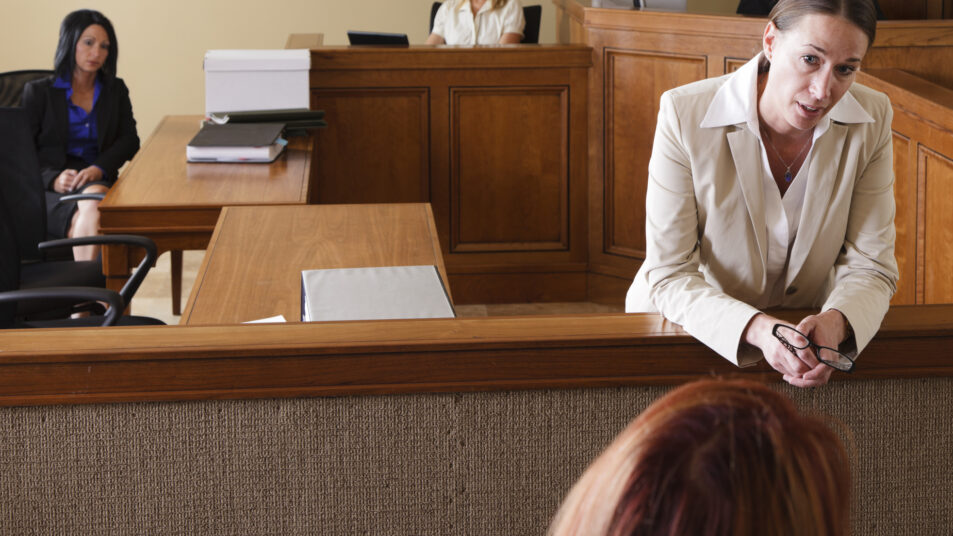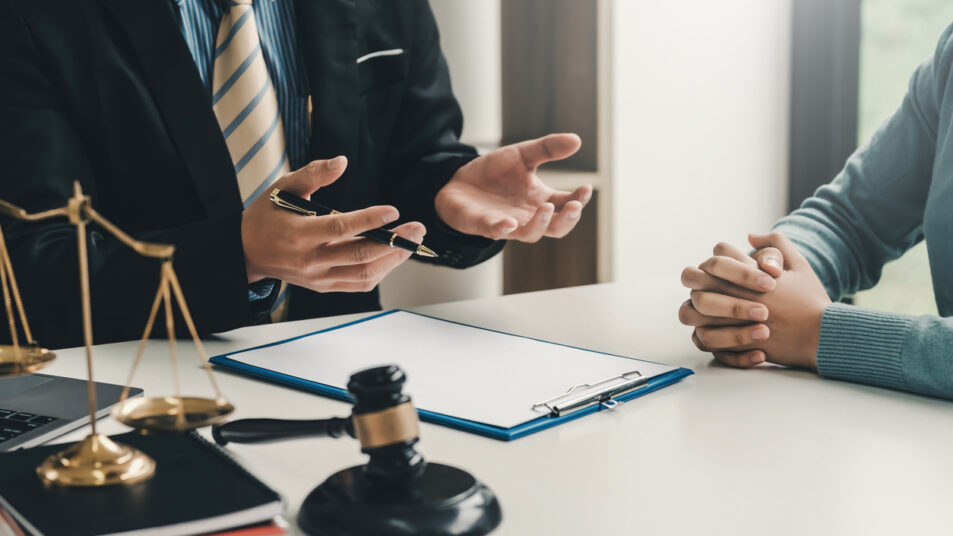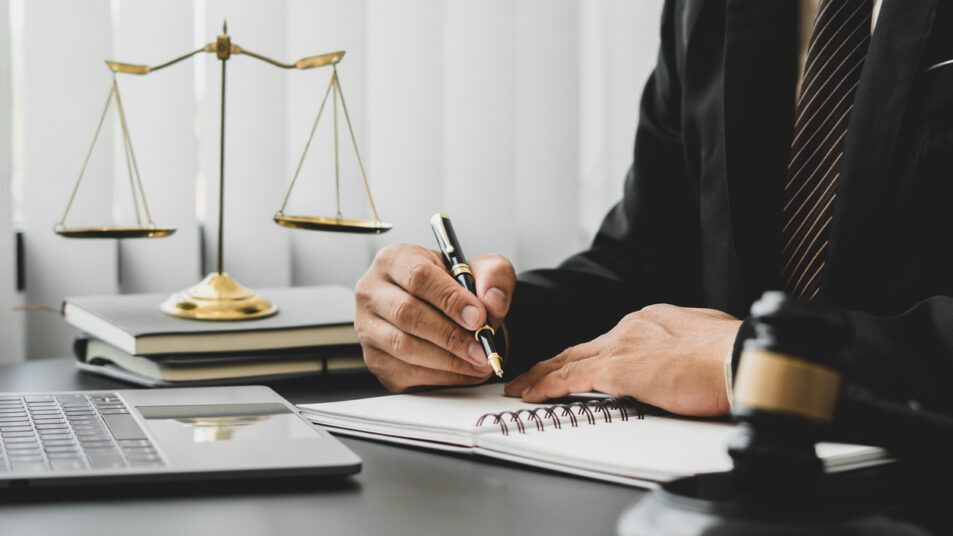How Often Do Car Accident Cases Go to Court?
If you are injured in a car accident, you can file a lawsuit against the at-fault driver seeking damages – at least in most states. However, the chance that your case will go to trial is minimal.
In 2021, there were over 6.1 million police-reported car accidents in the United States. That same year, there were 109,741 traffic accidents reported in Missouri, to name just one state as an example. Even though thousands of car accident lawsuits are filed each year, only a small percentage goes to court.
In a study in the early 1990s, researchers found only 3% of the personal injury cases filed when to court. Statistics are difficult to find, but it’s safe to say that most personal injury cases don’t go to trial. Therefore, your accident case is far more likely to settle than to go all the way to a jury trial.
Why Do Car Accident Cases Go to Trial?
You go to trial to settle a dispute. Insurance companies and at-fault parties dispute liability for a car accident claim to avoid paying the victim for damages. There could be complex legal questions about liability, including allegations of contributory negligence. There could also be issues related to the value of damages, including the severity of a person’s injuries or their failure to mitigate damages.
At the heart of the dispute is money. Insurance companies and at-fault drivers try to limit the amount of money they must pay to settle the claim. Therefore, a common reason car accident cases go to court is that the insurance company for the at-fault driver refuses to negotiate a reasonable settlement amount.
When you file a car accident lawsuit, your case could take more than a year to go to trial. During that time, your case goes through several phases, including:
- Filing a complaint and serving the defendants
- Waiting for responses, answers, and counterclaims to the complaint
- Filing responses to counterclaims or third-party claims
- Engaging in discovery (i.e., the exchange of information and documents with the other party and gathering evidence from third parties)
- Settlement negotiations, which could include mediation
- Pre-trial motions and hearings
- Trial and jury verdict
- Appeals
The insurance company may believe it has a better chance of taking the case to court instead of paying a settlement. However, as you can see from the statistics, insurance companies are not thrilled about going to court.
The Advantages of Settling Car Accident Cases Without Going to Court
For the most part, injured victims and insurance companies are motivated to settle car accident cases through negotiations or mediation. The advantages of a personal injury settlement include:
- Settlements are often quicker than taking a case to trial
- Filing a lawsuit, preparing for trial, and arguing a case in court is more expensive
- Personal injury lawsuits are more time-consuming than settlements
- Trials can last for days or weeks and be very stressful for the parties involved
- Jurors are unpredictable and could return a verdict for the other party even though your evidence is strong
- A jury verdict does not guarantee payment
- The other party could appeal the jury verdict dragging the case on for years
Personal injury settlements are private. Trials are a matter of public record. Some parties prefer to keep the dispute and the personal injury settlement confidential. Additionally, when a party agrees to settle a car accident lawsuit, they do not need to admit fault or negligence.
How Do I Know Whether To Accept a Car Accident Settlement or Go to Trial?
Hiring an experienced car accident lawyer is the first step in protecting your fights and increasing your chance of receiving fair compensation for damages. Personal injury lawyers understand how insurance companies handle claims. They know the laws that apply in your case and how those laws could impact the outcome at trial.
Your attorney will diligently try to settle your case through negotiations because that is generally the most efficient way to get you money for your claim. However, there could be legal reasons to file a lawsuit and go to trial.
Your attorney will explain the risks and benefits of accepting a settlement versus going to trial. With your lawyer’s help, you can decide which option is in your best interest based on the specific facts and circumstances of your case.


